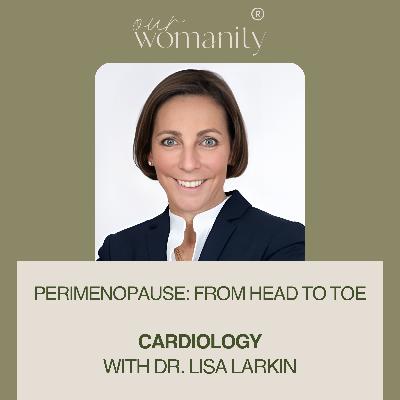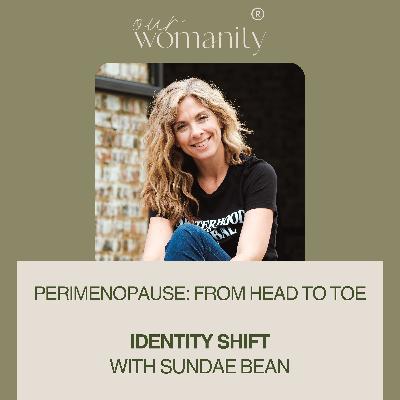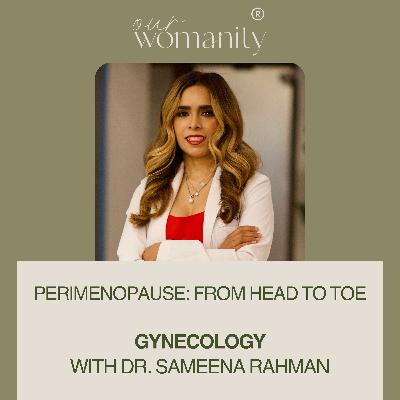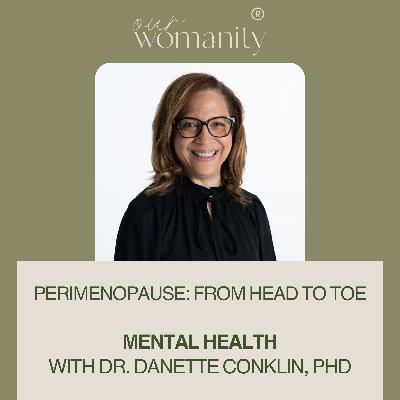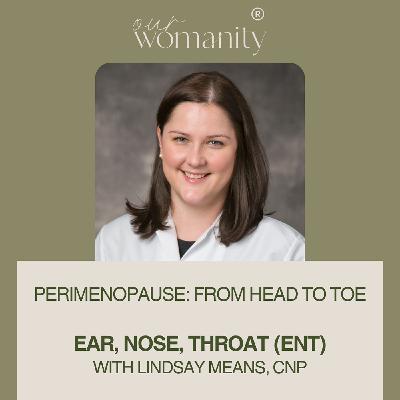14. Perimenopause: Cardiology with Dr. Lisa Larkin
Description
Cardiovascular disease is the No. 1 killer of women nationwide, yet during midlife—the crucial time for prevention—many women fall out of regular medical care.
Host Dr. Rachel Pope is joined by Dr. Lisa Larkin, an internal medicine and women's health expert and founder of Ms. Medicine. They discuss why women's cardiovascular risk spikes around menopause and what you can do about it now.
The Midlife Risk Spike
Dr. Larkin highlights a failure in the healthcare system: women aged 40 to 60 often receive the least medical care, right when prevention is most critical.
The perimenopausal transition causes rapid and significant metabolic changes:
- Cholesterol rises and HDL protection declines.
- Development of insulin resistance.
- Increase in visceral fat (the "risky fat" around organs), which is a marker for cardiovascular disease.
Standard risk tools often underestimate risk in women because they don't account for sex-specific factors like adverse pregnancy outcomes (preeclampsia, gestational diabetes). Women are also often allowed to run higher blood pressures, missing opportunities for early intervention.
Management & The "Missed Boat" Question
Dr. Larkin stresses that Body Composition is more important than BMI, as most women gain risky visceral fat during this time. She recommends tracking body composition annually.
For women in their mid-60s who ask if they've missed the boat on prevention or Hormone Therapy (HT):
- Assessment is Key: Dr. Larkin performs a highly individualized assessment, often utilizing a Coronary Calcium Score to check for established plaque.
- If Risk is Low: A patient with perfect health metrics and a Calcium Score of zero may still be a candidate for HT to treat symptoms and support bone health.
- If Risk is High: The priority is to aggressively fix every single risk factor (hypertension, elevated lipids) before considering hormones, as established plaque may carry more risk with estrogen.
Dr. Larkin emphasizes that women must be their best advocates because the healthcare system is currently failing to provide the comprehensive care needed during this pivotal stage of life.

